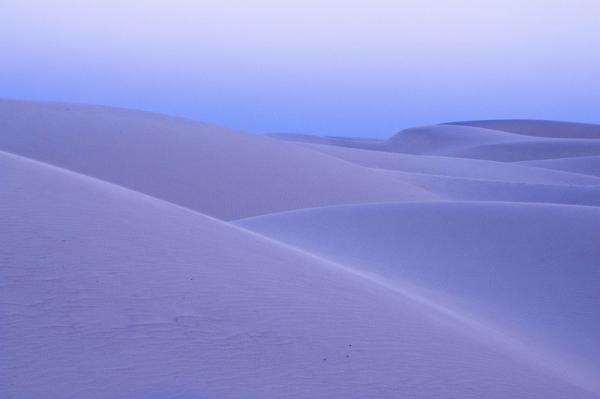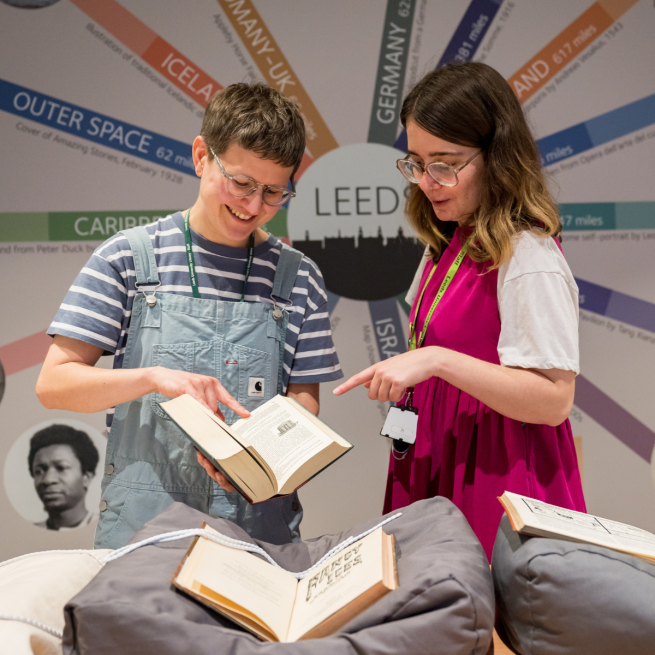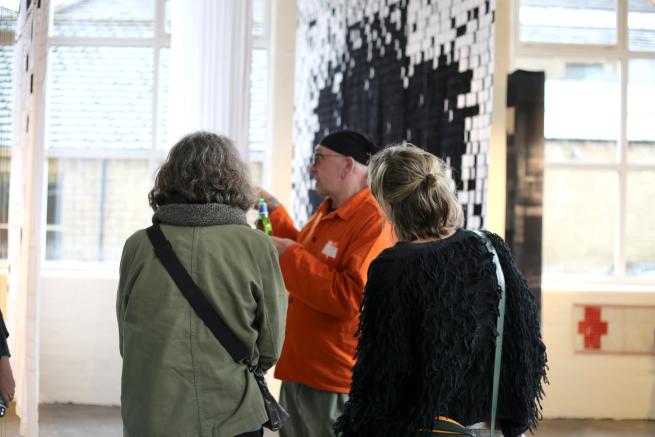
In the third of three Saturdays afternoon talks at Mill Hill Chapel asking ‘What Happened to the Future?’, and as part of Leeds Lit Fest 2025, we welcome writer and critic JJ Charlesworth to discuss 'sci-fi and the end of the future'.
Frank Herbert’s 1964 sci-fi masterpiece Dune remains a pivotal work in the history of science fiction. Epic and bizarre in its imagining of a future in which humanity has long inhabited the galaxy, yet is sustained by superstition, ancient custom and feudal order, Dune heralded the beginnings of a more quizzical and sceptical idea of the future in Western science fiction. Whereas the science fiction of the earlier twentieth century trumpeted the infinite possibilities of humanity’s future, driven by technology, science fiction since Dune has been more preoccupied with the imminent eclipse of humanity – either at the hands of human-induced climate catastrophe, or else by the uncontrollable rise of artificial intelligence, or biotechnology – themes all anticipated in Dune.
While Dune anticipated some of the cultural pessimism which has come to dominate contemporary sci-fi, it remains fascinating for its ambiguous and subtle reflection on human agency and history-making, projected into a future in which what defines the human is itself under constant threat. In its complex and often contradictory fusion of technology and medievalism, and of heroism and fatalism, Dune‘s imaginative power lies in how it questions the relationship of humanity to the idea of history and progress. While much of today’s science-fiction can barely bring itself to imagine human beings even a few years into the future, this has a lot to do with our culture’s declining sense of human exceptionalism; and as ideas of traditionalism and premodernity emerge in politics as a reaction to an apparently futureless present, how might science-fiction recentre the human?
Speaker:
JJ Charlesworth is a writer and art critic. He studied art at London’s Goldsmiths College and his writing has appeared in publications including Art Monthly, Time Out, the Telegraph and Spectator. Since 2006, he's worked on the editorial staff of the international art magazine ArtReview, where he's now editor. He has a PhD in art history from the Royal College of Art, and is author of Criticism, Art and Theory in 1970s Britain: The Critical War (Routledge, 2024).
Mill Hill Chapel
City Square
Leeds
LS1 5EB
United Kingdom



